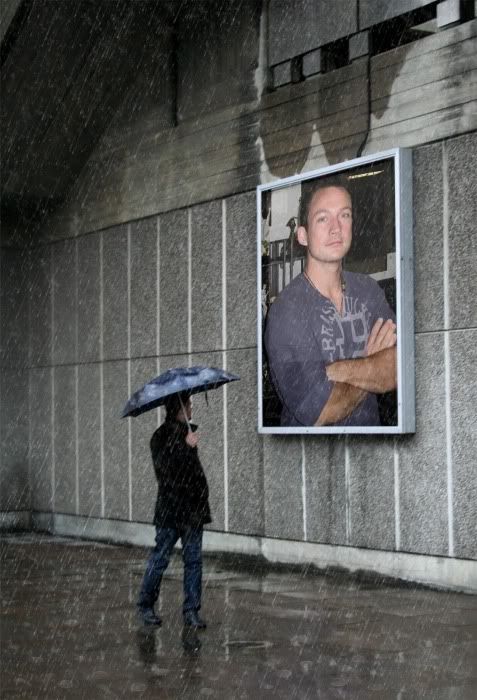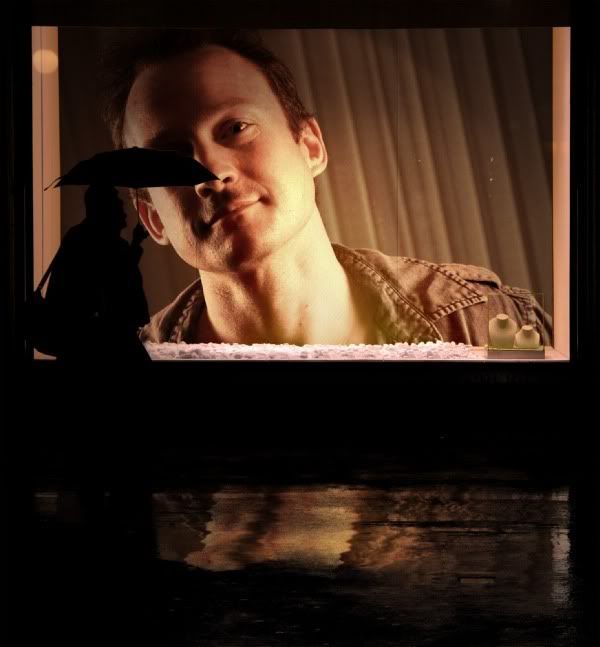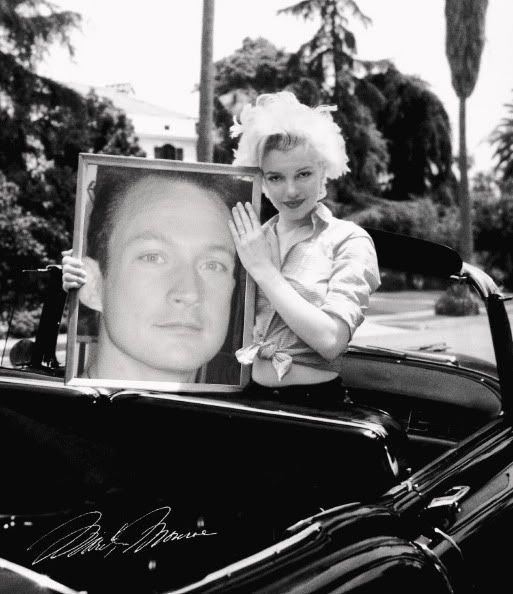1) I'm not an Alpha Protocol fan. This is not a defense of Alpha Protocol.
2) You haven't answered my question. Given freedom from publishers via a Kickstarter campaign, why would an Obsidian spy game have to be popamole. You honestly think making cover-based shooters is an Obsidian "design philosophy"?
Facts speak for themselves. Yes, Alpha Popamole is game developed around the publisher model and it had much publisher intervention from what we heard. Reportedly, they enforced a number things and then enforced a number of changes. This much is fact.
What else also is fact, however, is that the publisher had nothing to do with the original vision of the game. You know, the one they pitched at the very beginning. Despite what the subtitle of the game ("Espionage RPG" R00FLES) would have you believe, the game clearly wasn't developed with the slightest concern for stealth/espionage as a genre as it exists in popular culture. The fact is that AP = a bunch of isolated, self-contained and one-time-visit only hubs that serve to push the player in a single direction through corridors. Literally a Console Corridor Popamole Shooter(TM) in every sense of the word.
That is the gist of their vision of what an "Espionage RPG" (R00FLES) meant to them and it shows all over the game. Even a lot of stealth related stuff was a mere after thought, as many of us will remember from their own mouths from the videos in the build-up to the release and that also showed in the game quite very poorly. A lot of us were bitching about stealth elements even before the game came out.
Plus their marketing pitch, which also was their original vision by their own admission, is utter bullshit. Borne, Bond, Bauer? Let's look at these individually and try to mark some of the essential elements of these franchises:
Bond:
+ Strong social elements. Bond doing traditional adventuring in social and civilian environments. Talking one minute, breaking into places, investigating stuff and playing with his gadgets to figure out things.
+ A lot of impersonation and use of disguises in said environments, either to blend in, break into, to steal, to rescue or to escape.
+ Chase scenes, whether in a social, covert context or in an adrenaline packed actiony one.
+ Futuristic science and special emphasis on gadgets.
+ Weird and eccentric elements to villains that always stand out somehow.
+ Lots of sexism, exoticism and tokenism (hey, I'm not complaining. This is one of the essential things to the Bond franchise)
+ Was there even a story in any of the films? I can't remember. I was too fascinated with all the other stuff, I guess. Villains do stuff. Bond try to infiltrate/get close to villains. Things get out of hand and there are lots of explosions.
+ Bond's trademark way of expressing himself.
Borne:
+ TRIGGERIN BITCHIN FIGHTAN scenes.
+ Pretty much that.
+ Oh ok, some light adventuring elements, investigations and short lulls which always end up in FIGHTAN.
+ And hot chases too.
+ Banal shit boring stories about super-soldier-assassins or something like that.
Bauer:
+ XXXTREME COLLAR GRABBING NON-STOP ACTION!
+ Interrogation and torture. LOTS OF TORTURE.
+ Never ending web of twists and turns that tries too hard
+ Ever-present plot urgency.
+ Over-the-top conspiracies.
+ Crazy motherfucking stunts.
+ Liberal use of high-tech (as opposed to futuristic gadgetry)
+ DO IT NAU!
+ DAMMIT!
Now let's look at what Alpha Popamole draws from those:
+ Lots of sexism.
+ Lots of guns.
+ Some twists and turns that you hear from a mile ahead.
+ An over-the-top conspiracy
+ A Bond-wannabe hipster college graduate's imitations at expressing stuff in juvenile ways.
What it DOES have is:
+ Self-contained dialogue mini-games that exist separately from gameplay. COMPLETE WITH ADRENALINE PACKED TIMER!
+ Entire game about killing people.
+ SHIT FIGHTAN.
+ Shit combat.
+ Shit action.
+ Self-contained dialogue mini-games that exist separately from gameplay.
Yeah, that's quite some vision for an "Espionage RPG" that's based on 3Bs. Banal. (Bull)shit. Boring. This masterpiece of banality is what they pitched around. Reportedly, the tone was different and had Mitsoda have is own way, we would end up with a game where none of the plot characters would even die, but this is the gist of an "original IP" they came up with that's supposed to be about "Espionage".
No wonder their idea of stealth for Alien RPG was exploding aliens with trip mines. Quite some stealth. Coincidence?
R00FLES!!!
So you ask, does that say anything about a prevalent design philosophy at Obsidian? To me, it certainly does when it comes to the peculiar subject of stealth. AP wasn't somebody else IP that they tried to pull a slamdunk with. No, sirree. AP is an IP that originated in the minds at Obsidian which they managed to pitch and see through. So much for creative vision, I guess.
And no wonder it tanked. It was obvious from pre-release videos that it would be rather unremarkable as a
game, regardless of its quality of writing (which was rather mediocre if you ask me), characterisations and C&C (which were pretty good, I must admit). And the game didn't have half-bad a PR campaign.
So if I'm starving to get an
espionage fix, I'll just play Assassin's Creed series over again. A popamole console action game on autopilot which provides on a lot of those BBB points that a game subtitled "Espionage RPG" (R00FLES!) fails to do.
And if Obsidian were to do another stealth/espionage game, I most certainly wouldn't trust them to do a proper one and wouldn't support such a Kickstarter project either unless they elaborated on what espionage and stealth represents to them and provided a coherent vision that meets all the criteria of espionage genre as it exists in popular culture.
































![Glory to Codexia! [2012] Codex 2012](/forums/smiles/campaign_tags/campaign_slushfund2012.png)












